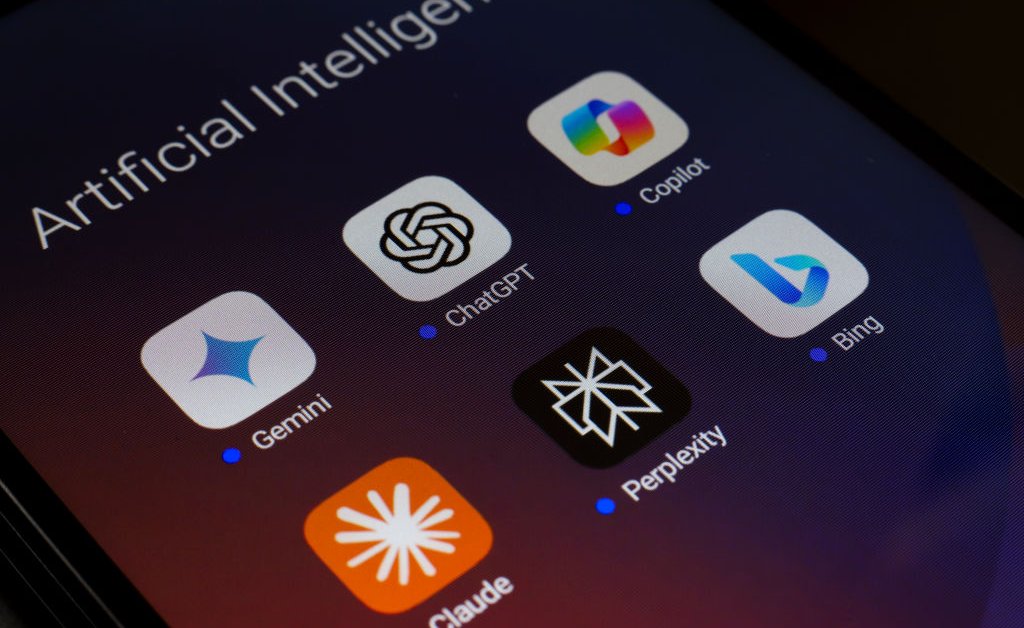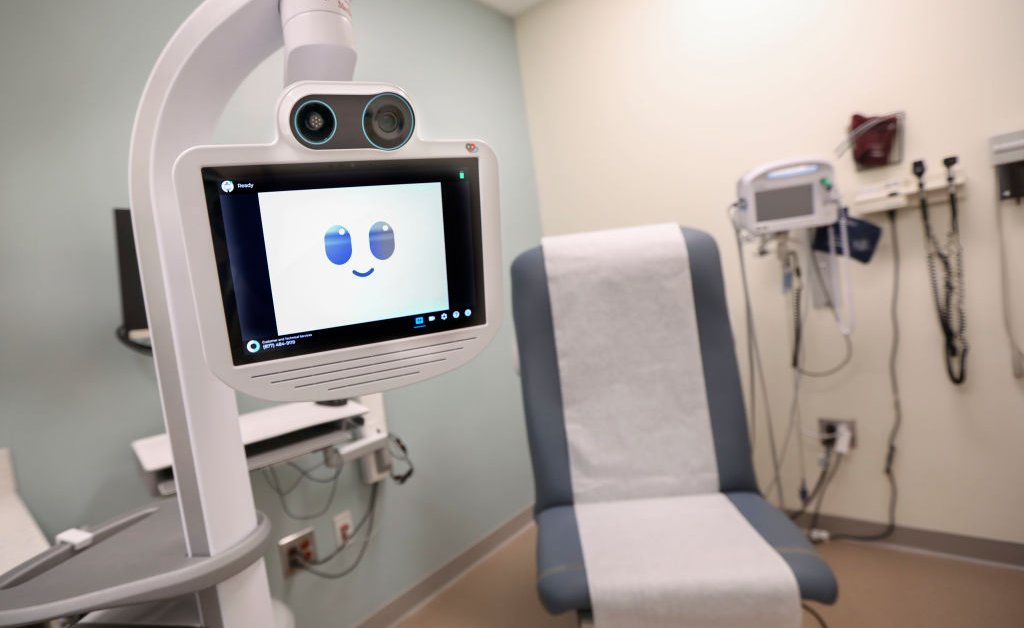The world’s leading AI companies have “unacceptable” levels of risk management, and a “striking lack of commitment to many areas of safety,” according to two new studies published Thursday.
The risks of even today’s AI—by the admission of many top companies themselves—could include AI helping bad actors carry out cyberattacks or create bioweapons. Future AI models, top scientists worry, could escape human control altogether.
The studies were carried out by the nonprofits SaferAI and the Future of Life Institute (FLI). Each was the second of its kind, in what the groups hope will be a running series that incentivizes top AI companies to improve their practices.
“We want to make it really easy for people to see who is not just talking the talk, but who is also walking the walk,” says Max Tegmark, president of the FLI.
Read More: Some Top AI Labs Have ‘Very Weak’ Risk Management, Study Finds
SaferAI assessed top AI companies’ risk management protocols (also known as responsible scaling policies) to score each company on its approach to identifying and mitigating AI risks.
No AI company scored better than “weak” in SaferAI’s assessment of their risk management maturity. The highest scorer was Anthropic (35%), followed by OpenAI (33%), Meta (22%), and Google DeepMind (20%). Elon Musk’s xAI scored 18%.
Two companies, Anthropic and Google DeepMind, received lower scores than the first time the study was carried out, in October 2024. The result means that OpenAI has overtaken Google as second place in SaferAI’s ratings.
Siméon Campos, founder of SaferAI, said Google scored comparatively low despite doing some good safety research, because the company makes few solid commitments in its policies. The company also released a frontier model earlier this year, Gemini 2.5, without sharing safety information—in what Campos called an “egregious failure.” A spokesperson for Google DeepMind told TIME: “We are committed to developing AI safely and securely to benefit society. AI safety measures encompass a wide spectrum of potential mitigations. These recent reports don’t take into account all of Google DeepMind’s AI safety efforts, nor all of the industry benchmarks. Our comprehensive approach to AI safety and security extends well beyond what’s captured.”
Anthropic’s score also declined since SaferAI’s last survey in October. This was due in part to changes the company made to its responsible scaling policy days before the release of Claude 4 models, which saw Anthropic remove its commitments to tackle insider threats by the time it released models of that caliber. “That’s very bad process,” Campos says. Anthropic did not immediately respond to a request for comment.
The study’s authors also said that its methodology had become more detailed since last October, which accounts for some of the differences in scoring.
The companies that improved their scores the most were xAI, which scored 18% compared to 0% in October; and Meta, which scored 22% compared to its previous score of 14%.
The FLI’s study was broader—looking not only at risk management practices, but also companies’ approaches to current harms, existential safety, governance, and information sharing. A panel of six independent experts scored each company based on a review of publicly available material such as policies, research papers, and news reports, together with additional nonpublic data that companies were given the opportunity to provide. The highest grade was scored by Anthropic (a C plus). OpenAI scored a C, and Google scored a C minus. (xAI and Meta both scored D.)
However, in FLI’s scores for each company’s approach to “existential safety,” every company scored D or below. “They’re all saying: we want to build superintelligent machines that can outsmart humans in every which way, and nonetheless, they don’t have a plan for how they’re going to control this stuff,” Tegmark says.








